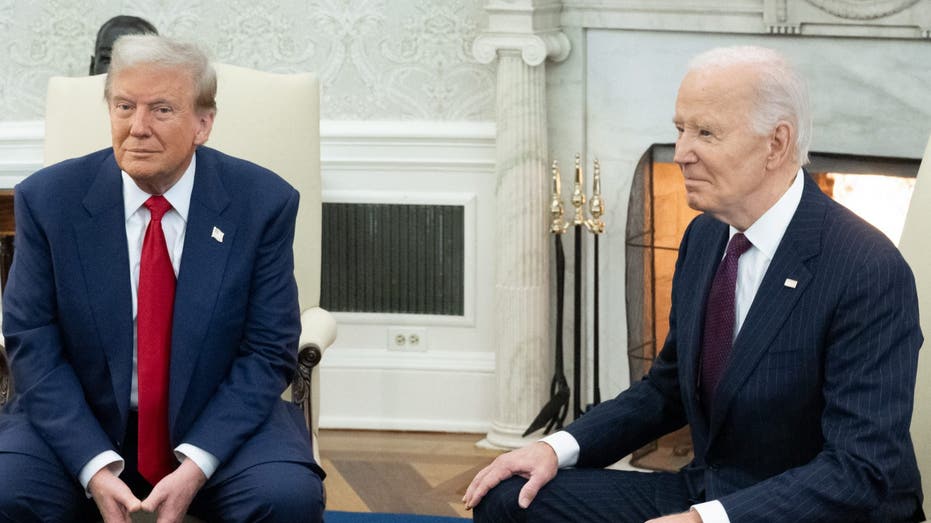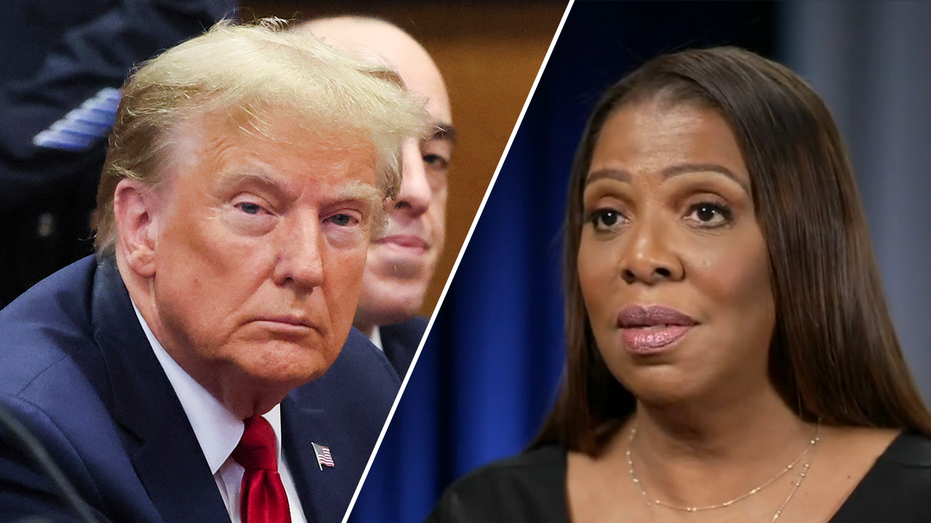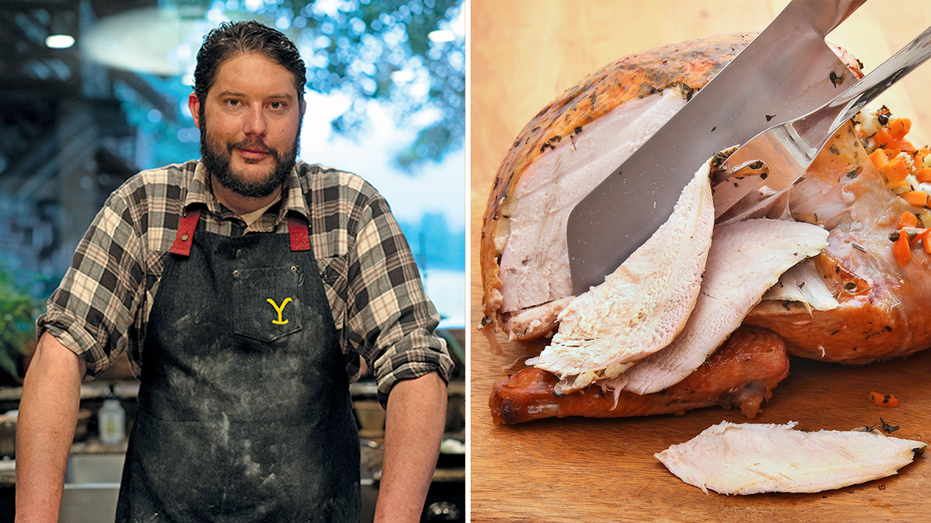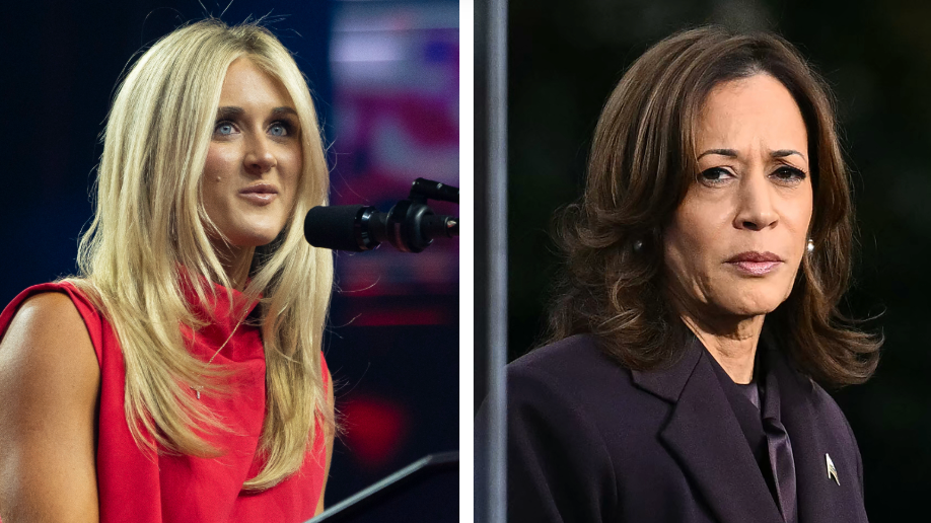- by foxnews
- 28 Nov 2024
Warren and Dean demand Coke, Pepsi and General Mills stop ‘shrinkflation’
Warren and Dean demand Coke, Pepsi and General Mills stop ‘shrinkflation’
- by theguardian
- 08 Oct 2024
- in politics
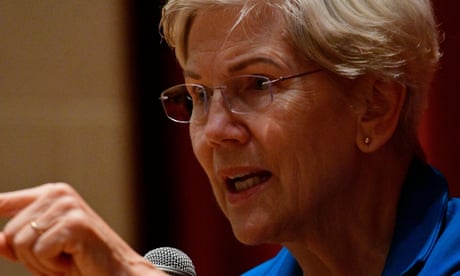
It's becoming a common experience for Americans going to the grocery store: your bag of chips seems lighter, your favorite drink comes in a slimmer bottle, and you're running out of laundry detergent more quickly than usual. And yet things are staying the same price.
On Monday two Democratic lawmakers launched an attempt to get to the bottom of the phenomena, accusing three major companies, Coca-Cola, PepsiCo and General Mills, of shrinking the size of products while charging consumers the same price - a price-gouging practice known as "shrinkflation".
Senator Elizabeth Warren and US representative Madeleine Dean allege in letters to the CEOs of the three companies that they have participated in shrinkflation, subtly decreasing the size of cereals and sodas sold in stores.
General Mills decreased its box of "family size" Cocoa Puffs from 19.3 ounces to 18.1 ounces over the last few years, the letter alleges. Meanwhile, PepsiCo downgraded the size of Gatorade bottles from 32 ounces to 28 ounces.
Companies often say that decreases in size can be attributed to changes in packaging that are unrelated to pricing or the economic environment. PepsiCo told NBC News in July that their 28-ounce bottle has been around for years and that the company had planned to widen its distribution as part of a long-term strategy.
But many remain skeptical at the widespread variety of products that seem to be shrinking.
"Shrinking the size of a product in order to gouge consumers on the price per ounce is not innovation, it's exploitation," Warren and Dean said in a statement. "Unfortunately, this price gouging is a widespread problem, with corporate profits driving over half of inflation."
People on social media have been talking about the slimming down of products for months, with users posting about their shrinkflation experiences with side-by-side pictures of products before and after shrinking.
"Major corporations are trying to gaslighting us, trying to make us believe that what we're seeing is not real," said TikTok user Melissa Simonson in a video from March, where she points out the sizes of drinks, cereals, chips, orange juice, gum and laundry detergent, among other grocery store items, have gotten smaller.
Coca-Cola, PepsiCo and General Mills did not immediately respond to requests for comment on the letters.
The Bureau of Labor Statistics, which calculates the US inflation rate each month, says its economists try to incorporate any instances of shrinkflation into its inflation calculations. For example, if a tub of 64-ounce vanilla ice cream was priced at $5.99 in January, then the price-per-ounce is $0.093. If in February, the tub remains the same price, but shrinks to 60 ounces, the price-per-ounce has gone up, representing a kind of price increase.
Warren and Dean also used the letters as an opportunity to blast the companies for paying less taxes on higher profits after Donald Trump's corporate tax cuts in 2017. The lawmakers cited a recent report from the Institute on Taxation and Economic Policy that said Coca-Cola, PepsiCo and General Mills all paid taxes at a rate of 15% or under from 2018 to 2022, despite making billions in profit.
"We strongly oppose these corporate tax giveaways, and have fought to pass tax increases on big corporations, including the 15 percent minimum tax on billion-dollar corporations," the lawmakers said in their statement. "No corporation should pay a lower tax rate than working Americans - especially when that same corporation turns around and gouges consumers on the other end through shrinkflation."
- by foxnews
- descember 09, 2016
Mom's message in a bottle found by her own daughter 26 years later
A fourth grader went on a school trip when someone found a message in a bottle containing a letter that was written by her mom 26 years ago. The message was tossed into the Great Lakes.
read more